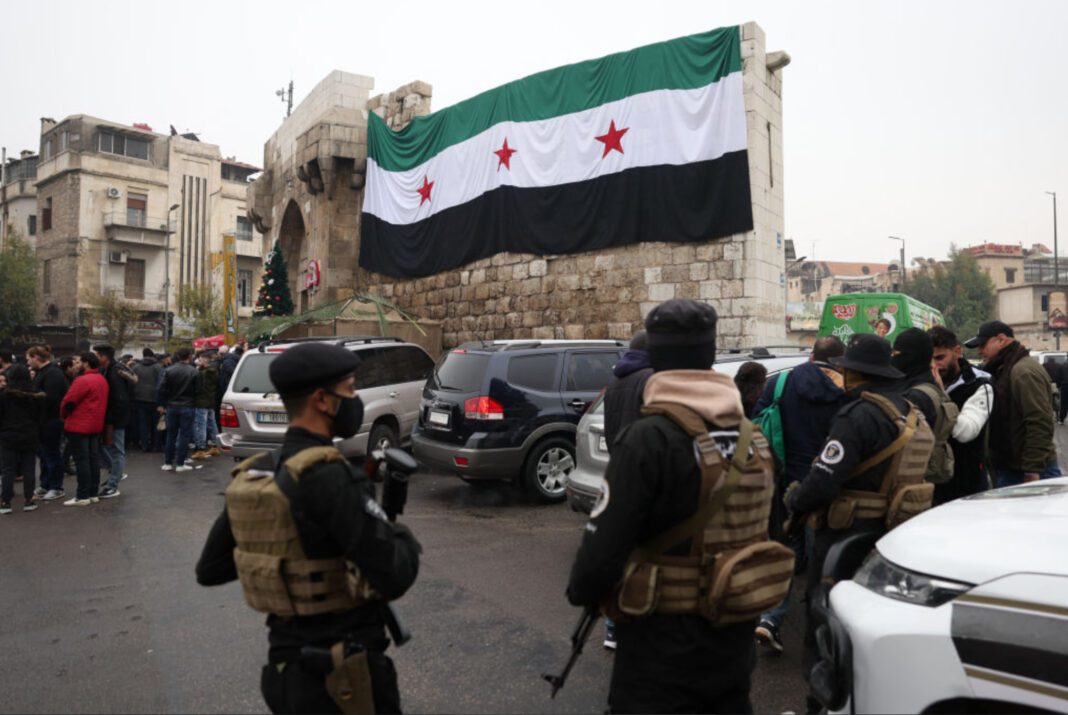Syria’s transitional government is navigating complex challenges as it seeks to unify diverse military factions under a single command. The newly appointed defense minister, Murhaf Abu Qasra, firmly rejected a proposal by the US-backed Syrian Democratic Forces (SDF) to remain an independent bloc within the Defense Ministry. The decision underscores the tensions surrounding the integration process and the broader political transformation in the country.
SDF’s Role in Syria’s Northeast
The SDF has maintained control over a semi-autonomous region in northeastern Syria for over a decade. This group, backed by the United States in its fight against ISIS, has also clashed with Turkey, which views it as a national security threat. The SDF’s leaders have emphasized their preference for a decentralized administration and proposed integration as a distinct military bloc. However, this demand has been met with resistance from Damascus.
Defense Ministry’s Stance on Integration
Abu Qasra, who took office in December, stressed that all factions, including the SDF, must fully integrate into the Defense Ministry’s hierarchy. He dismissed the idea of maintaining separate blocs within the military structure, emphasizing the need for unity to rebuild Syria’s armed forces.
Negotiations Stalled by Procrastination
Efforts to integrate the SDF have been slow, with the defense minister accusing its leadership of delaying progress. While Abu Qasra expressed willingness to incorporate the group into the broader military structure, he highlighted that the current approach by the SDF leadership was hindering negotiations.
Regional Complications and Foreign Influence
The situation is further complicated by regional dynamics and foreign influence. The SDF recently engaged in discussions with US representatives and other regional actors, reflecting the international dimensions of Syria’s military landscape. Meanwhile, ongoing clashes between the SDF and Turkish-backed forces add to the complexity of achieving a unified military.
Transitional Government’s Ambitious Goals
The transitional government, established after the ousting of President Bashar al-Assad in December, faces criticism for making sweeping changes during its limited tenure. Critics argue that major reforms, such as military restructuring, should wait for a permanent administration. However, Abu Qasra defended these actions, citing urgent security concerns.
March Deadline for Integration Efforts
The defence ministry has set an ambitious timeline to complete the integration of all factions, including the SDF, by March 1. This deadline aligns with the end of the transitional government’s tenure. However, achieving this goal will require overcoming significant political and logistical hurdles.
Foreign Fighters and Controversial Appointments
Adding to the controversy, the government has granted military ranks to some foreign fighters, including individuals from Egypt and Jordan. This decision has sparked debates about the role of foreign nationals in Syria’s armed forces. Abu Qasra acknowledged the backlash but downplayed concerns about extradition requests or broader implications.
Future of Military Unity in Syria
As the March deadline approaches, the success of these integration efforts remains uncertain. The process will test the new administration’s ability to balance competing demands from domestic factions, regional players, and international stakeholders. A unified military could strengthen Syria’s stability, but unresolved issues with the SDF and other groups may pose significant obstacles.
Syria’s Path Ahead
The transitional government’s efforts to unify Syria’s armed forces highlight the broader challenges of rebuilding a nation after years of conflict. While the rejection of the SDF’s proposal reflects a commitment to a cohesive military structure, the road ahead is fraught with difficulties. The outcomes of these efforts will play a critical role in shaping the future of Damascus and determining the success of its ongoing political transition.

